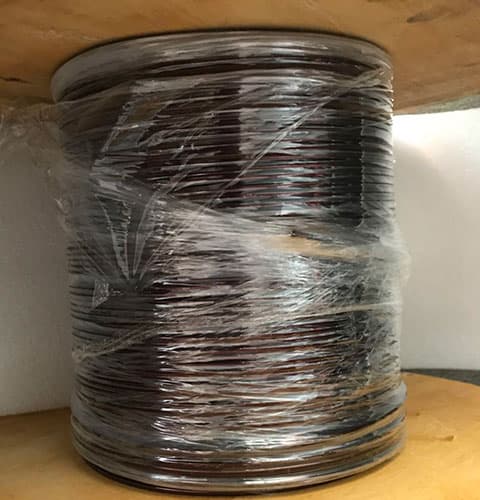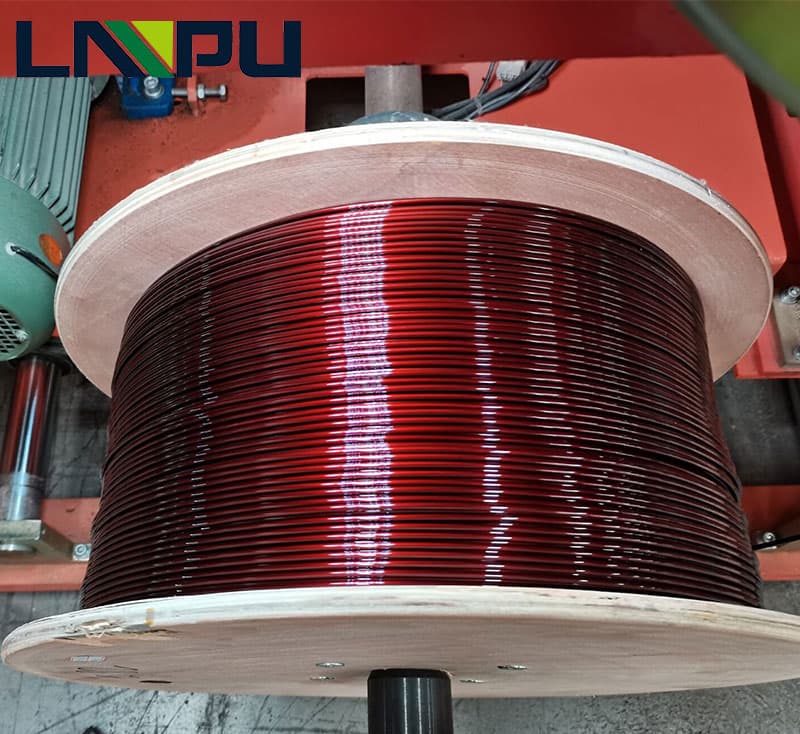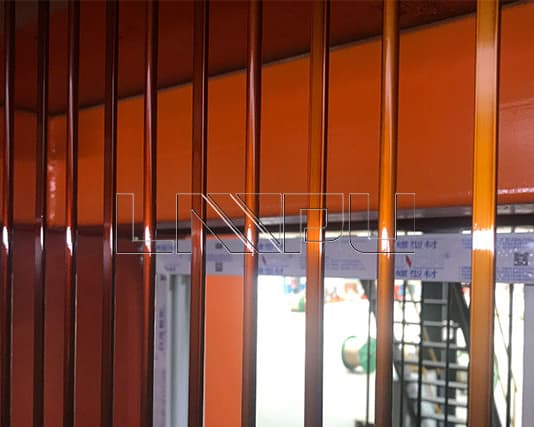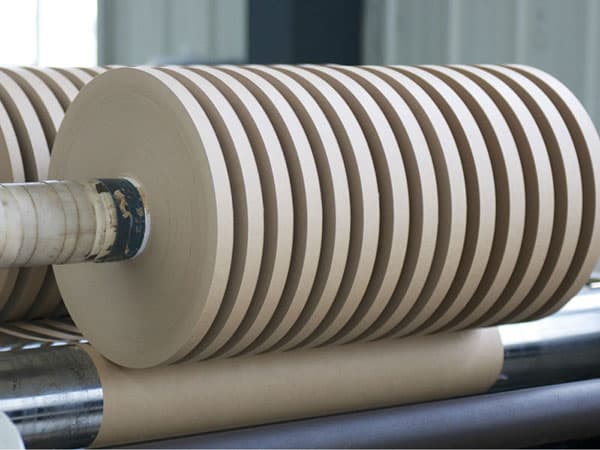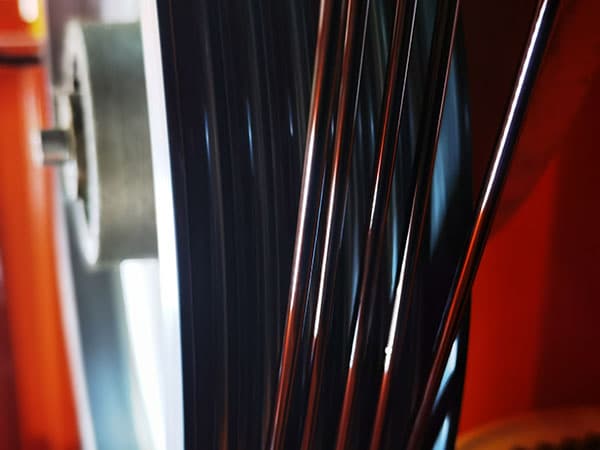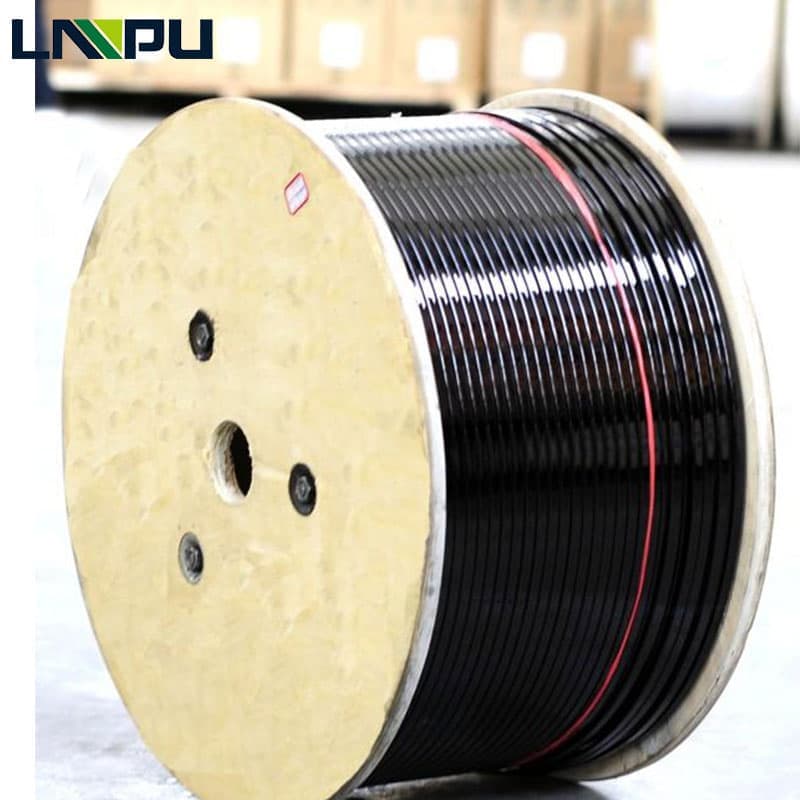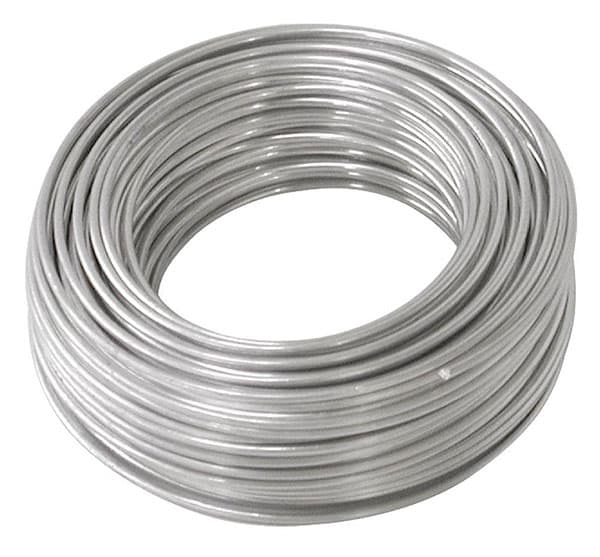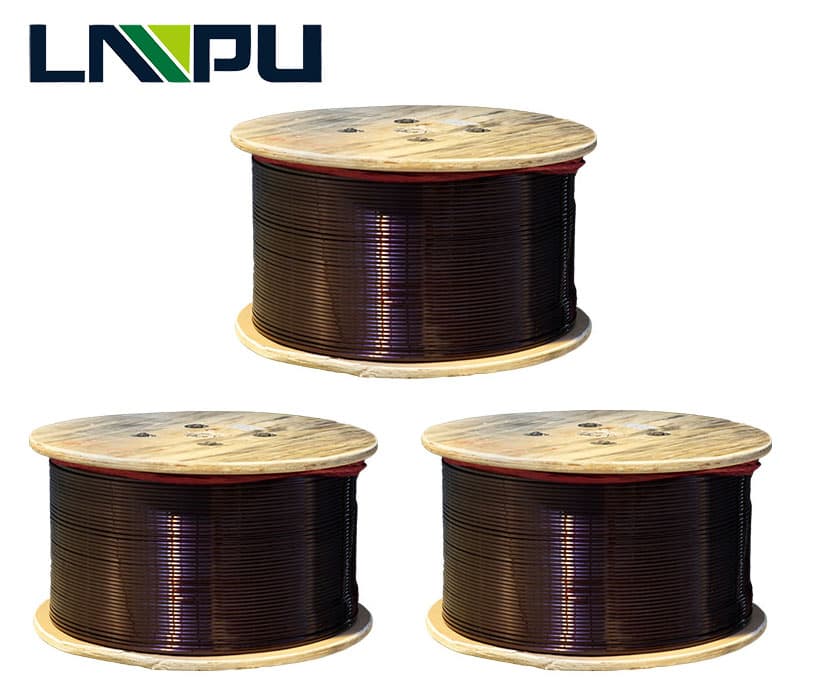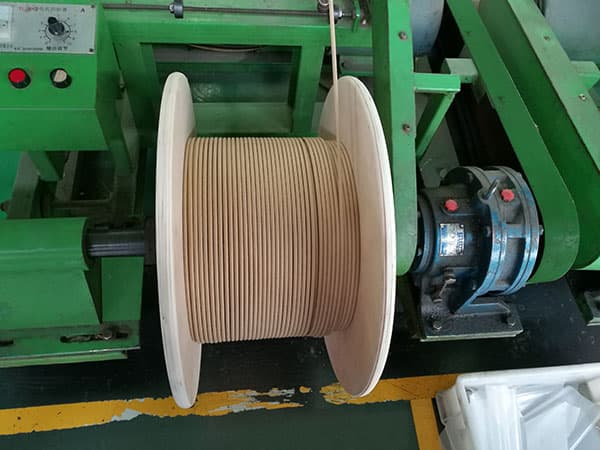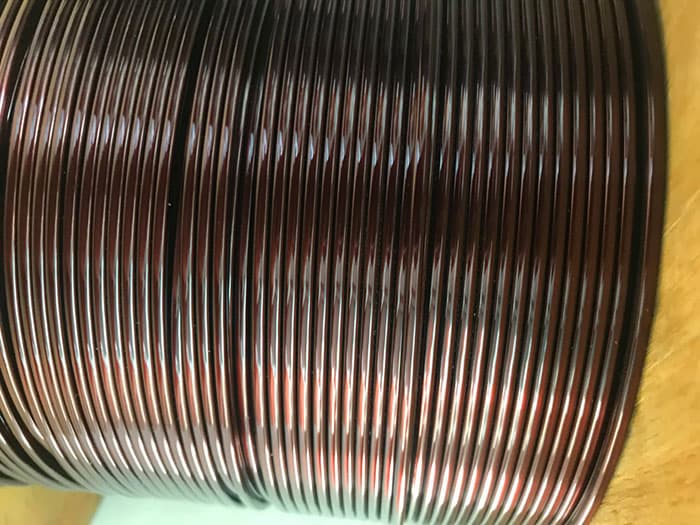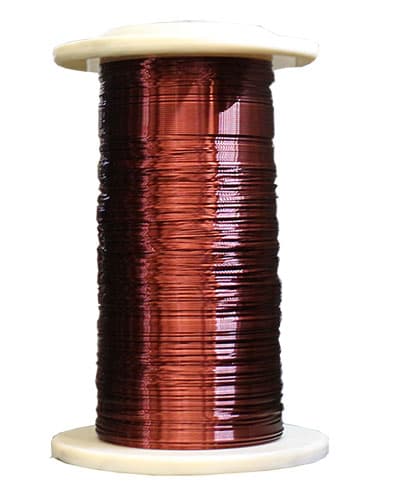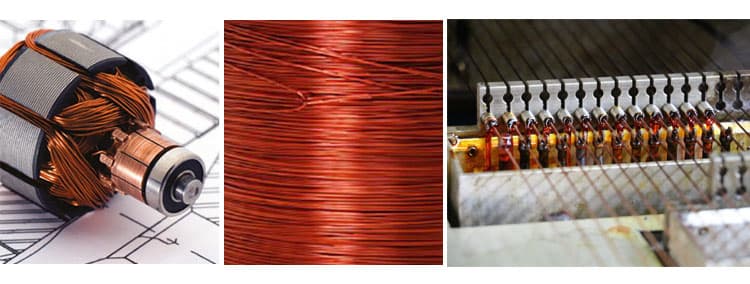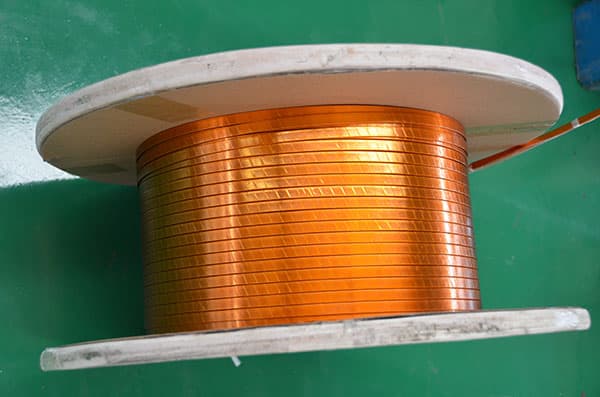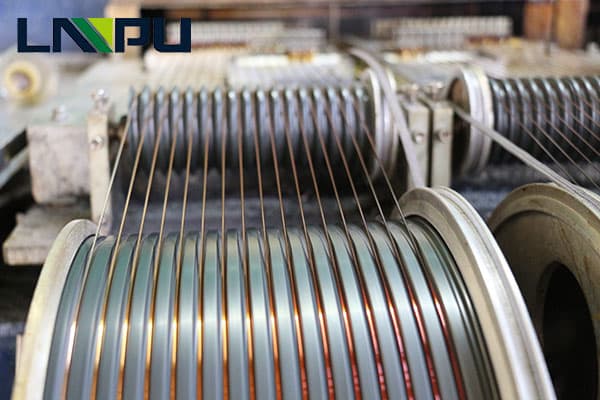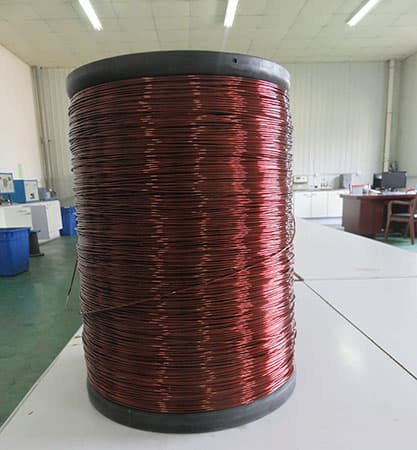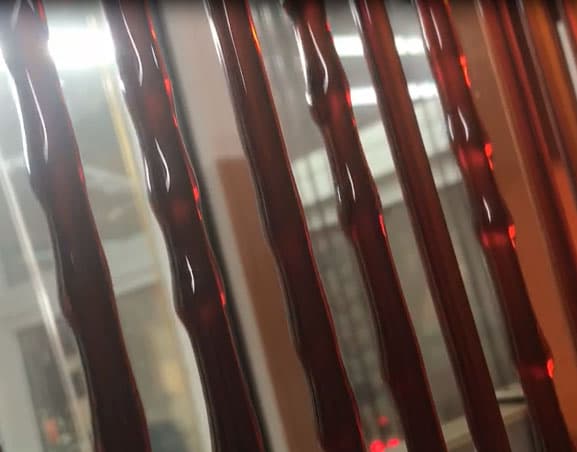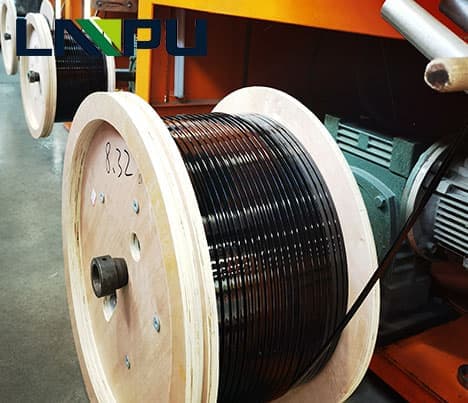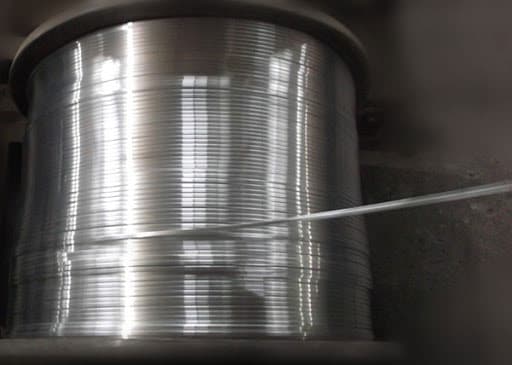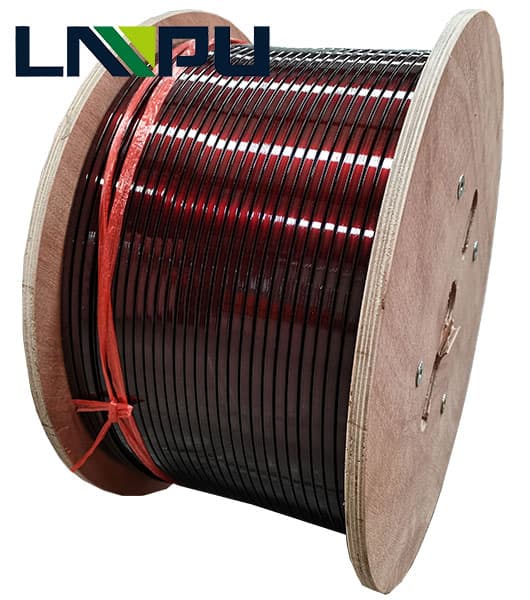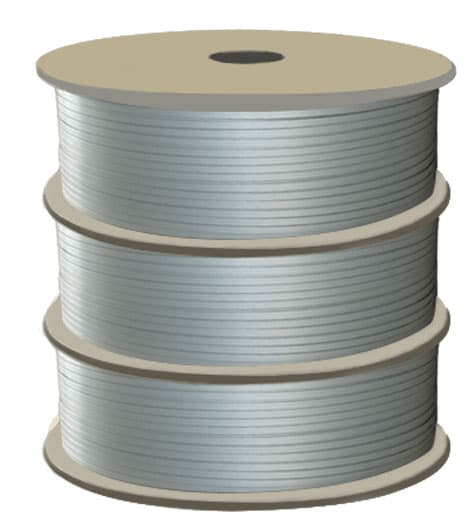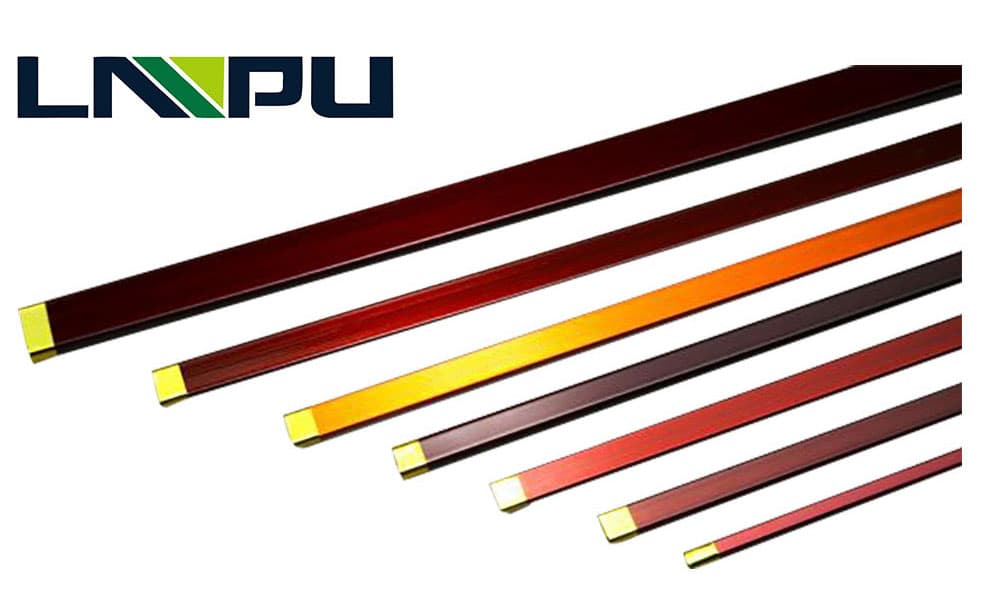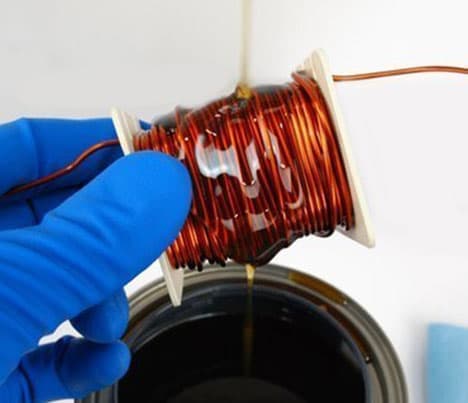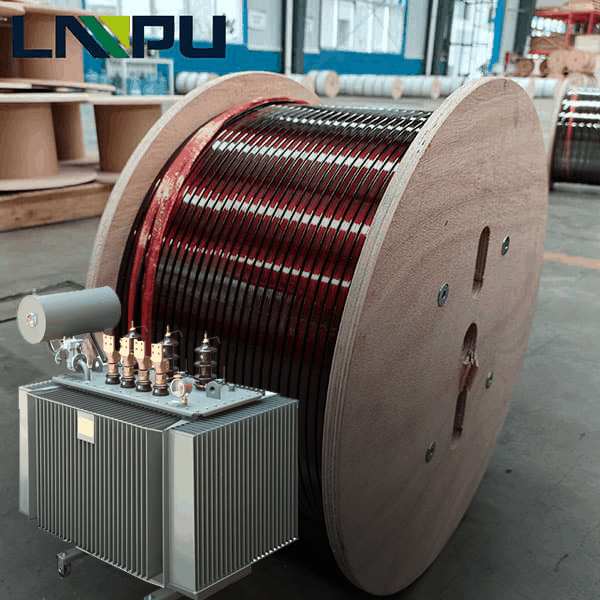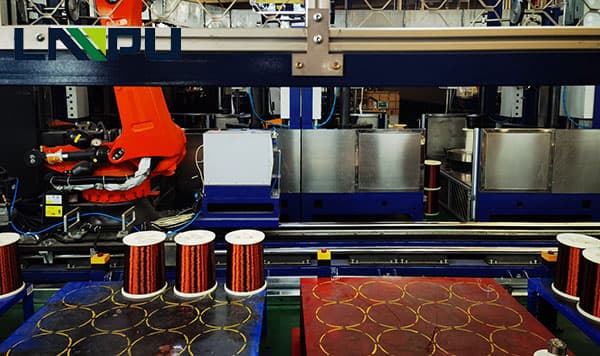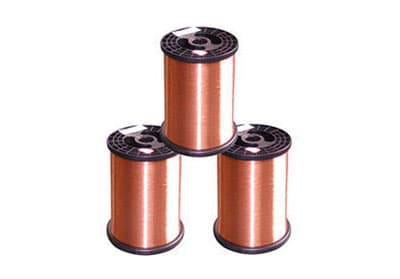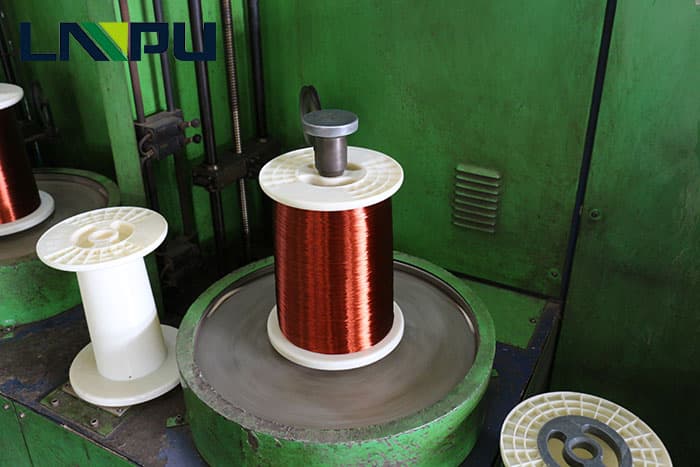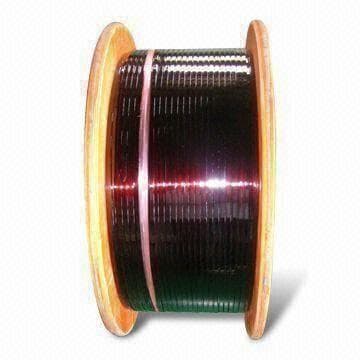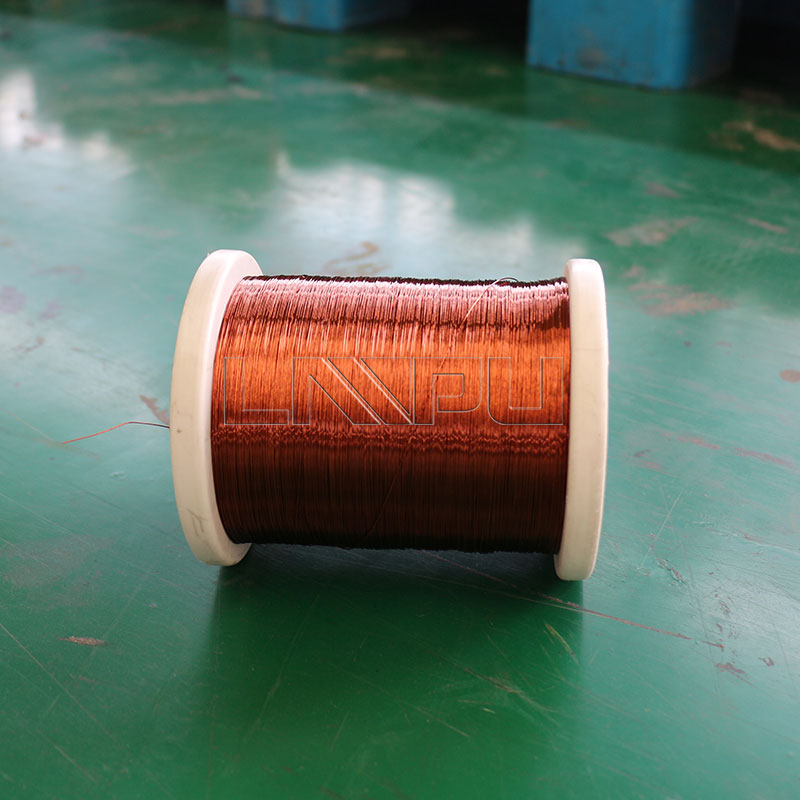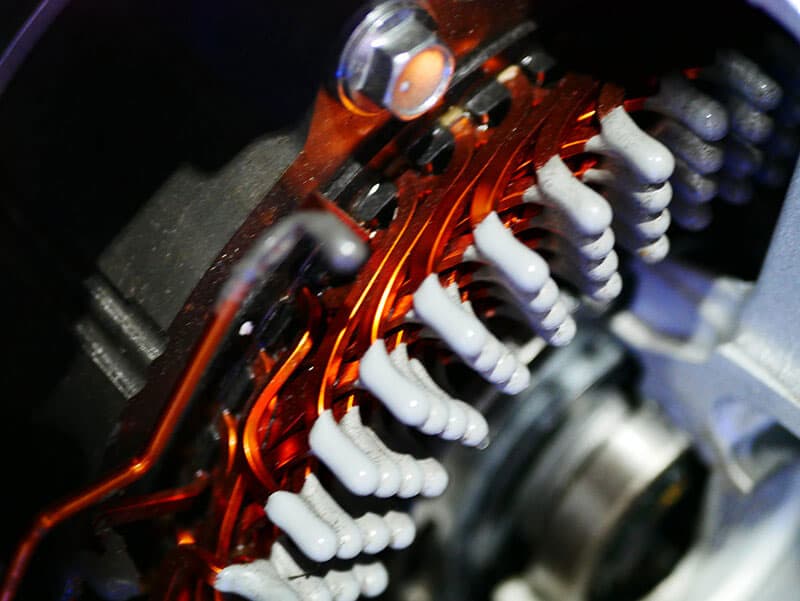Enameled Aluminum Wire VS Enameled Copper Wire
Enameled Aluminum Wire – EAW
Enameled Copper Wire – ECW
Enameled Aluminum Wire VS Enameled Copper Wire
Enameled Aluminum Wire is easy to be compared to enameled copper wire, due to the surface layer of solid oxide coating, insulation effect, and long life;
Because its surface have solid oxide coating insulation, Enameled al wire’s heat-resistant is better than copper wire’s.The advantage of using Aluminum enameled wire is due to light weight. It’s weight only about 1 / 3 of copper wire’s. And it can greatly reduce the production cost because aluminum is very cheap when compared to copper. It is easily attached to the implant, this can reduce the freight and transport in the course of the operation too.
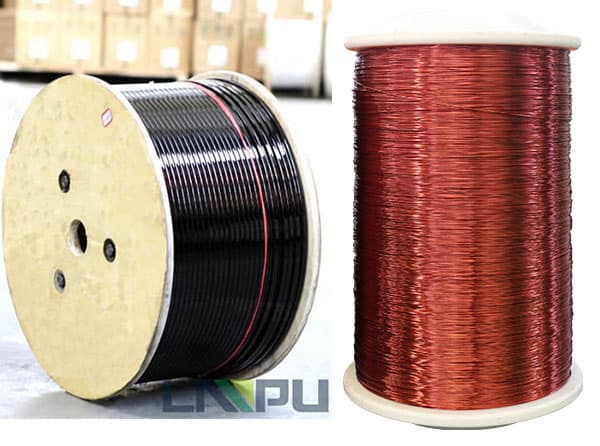
Magnet wire plays a critical role in three areas of energy transformation: electrical to electrical, electrical to mechanical, and mechanical to electrical.
For ease of manufacturing inductive components like transformers and inductors, most new enamelled wire has enamel that acts as a flux when burnt during soldering. This means that the electrical connections at the ends can be made without stripping off the insulation first. Older enamelled copper wire is normally not like this, and requires sandpapering or scraping to remove the insulation before soldering.
Enameled copper wire and enameled aluminum wire are the basic parts of the winding in every motor or equipment. Compared with fiber insulation materials, enameled copper wire and enameled aluminum wire have the advantages of saving space and have a higher breakdown voltage. The main application of enameled copper wire and enameled aluminum wire is in the winding of motors and transformers.
Enameled aluminum wire or enameled copper wire is a wire coated with a layer of enamel insulation to prevent short circuit on the surface of the wire when it is wound into a coil. When current flows through the coil, magnetic flux is generated. Aluminum enameled wire or copper enameled wire is mainly used to manufacture motors, electromagnets, transformers and inductors. To facilitate the manufacture of inductive components, such as transformers and inductors, most of these wires can be soldered.

